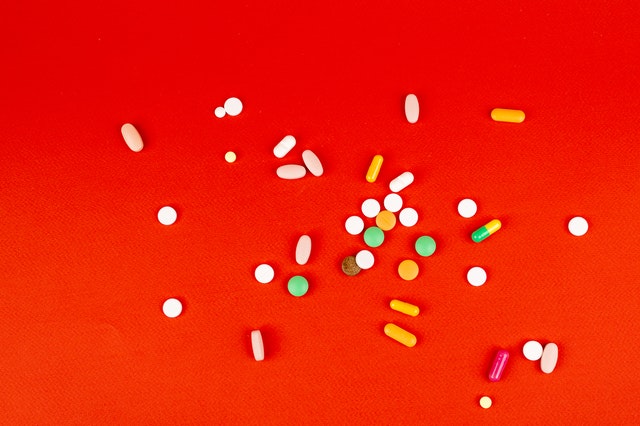
If a hormone imbalance stands in the way of having children, hormone treatment can be the solution. Find out how reproductive medicine can help unhappy couples here.
The causes of unwanted childlessness are manifold and can only be determined by medical examinations. During the consultation, your doctor will ask how long you have wanted to have children and whether your cycle is regular. Taking medication can also stand in the way of having children. If a male or female is diagnosed with a fertility disorder, hormone treatment can help. If the woman suffers from reduced fertility, the hormones promote the growth of the egg cells and artificially trigger ovulation. If sluggish sperm is the reason for infertility, the sperm must be introduced into the woman’s uterus during the fertile period. Through a hormone treatment of the woman, several egg cells are available at the same time, that can be fertilized by sperm. The chances of pregnancy increase.
The course of hormone treatment
Hormone treatment in women begins on the third day of the cycle. Taking clomiphene tablets daily activates hormones in the brain that indirectly affect egg follicle maturation. In complicated cases, the tablets are replaced by injections with the hormone gonadotrope, which the woman puts in herself every day. Gonadotrop stimulates the growth of the ovum directly in the uterus. The growth of the ice cell is checked daily with the help of ultrasound examinations. When the development of the egg cell is completed as desired on the eighth day of the cycle, ovulation is triggered with the help of another hormone. The sperm should then be introduced into the uterus promptly, either through sexual intercourse or artificially. Hormone treatment has a strong impact on the woman’s hormone balance and should be the last resort if the desire to have children is unfulfilled. In this case, however, she gives reason for hope.